Exploring Soft Skills and Emotional Intelligence: Empowering Educators with Necessary Competences4/30/2024 In the constantly evolving world, the importance of soft skills cannot be overstated, especially in the field of education.. As educators ourselves, we understand the challenges modern teachers face in the learning process, aiming to achieve not only academic excellence, but also the emotional development of their students. Competencies such as emotional intelligence, empathy, teamwork, conflict resolution, and stress management are indispensable both within educational settings and in various aspects of life. Through a blend of theoretical insights and hands-on exercises, our participants gained valuable insights into enhancing their communication skills. The new edition of the course “Soft Skills and Emotional Intelligence for teachers and education staff” took place in Bologna from 07/04/2024 to 13/04/2024. The participants came from all across Europe, with Maja, Pavlina and Lidija from SUGS High School ''Rade Jovchevski Korchagin' in North Macedonia in Skopje, Ismena and Aleksandra from City Libraries of Zagreb in Croatia, Christine from Werner-von-Siemens-Gymnasium Weißenburg in Germany, and Jolanta, Agnieszka and Krzysztof from X Liceum Ogolnoksztalcace w Białymstoku in Poland. The first topic we covered in the course was Emotional Intelligence. This term means understanding not only our own feelings but also how others feel, so we can better understand ourselves and the world around us. Another skill we worked on during this session was empathy. Through a series of exercises, participants learned how to practice empathy, control their emotions, stay motivated, and connect with others. An effective educator embodies leadership within the classroom, as their main goal lies within motivating and guiding students toward specific objectives. Leadership manifests in diverse forms, each with varying effectiveness depending on the context. Consequently, participants had a dedicated activity to reflect on the key attributes of leaders they admire and to analyze different leadership styles. Effective communication stands out as a paramount skill for successful teamwork. Participants dedicated their focus to understanding various communication styles: aggressive, passive, passive-aggressive, and assertive, exploring them in practical exercises. One of the main insights became the realization that while demonstrating assertiveness may present challenges, it definitely entails effectively communicating their needs without resorting to impoliteness. In order to improve their communication skills, the participants had to prepare their own presentation, working on their public speaking skills. While improvising their speech in front of the audience, they acquired multiple tips and tricks on how to effectively present themselves, how to control their body language and nonverbal communication. The last topic of this course was Conflict and stress management. Various situations may happen at the workplace, especially in the educational field, and navigating conflicts does not always appear straightforward. However, through open dialogue and sharing personal experiences, participants discovered that conflicts are commonplace and can serve as opportunities for growth and development, rather than solely bringing negative consequences, emotions and fall-outs.
This course allowed participants to develop necessary competences for teaching in a modern environment, providing a platform for shared experiences and mutual learning. Each person bringing their unique background and experience ensured the growth of the group as a whole. Moreover, cultural activities in the city, planned by our team, provided some networking opportunities, confirming the idea of informal learning happening outside the classroom! Discover more about this course here. Who knew that play is a fundamental aspect of cognitive development for all people, from the youngest to the oldest? We probably all have a favourite game that we never get tired of playing: for some it might be football, hide-and-seek or other sports activities, for others it might be puzzles, building blocks or board games. Science has shown that playing games has positive effects on problem-solving skills, emotional intelligence, social interaction and overall enjoyment, all of which are rooted in the intrinsic motivation and engagement they ignite in us! The latest edition of the course “Discover the power of Game Based Learning and Gamification in education” was held in Palermo from 21/04/2024 to 27/04/2024. Many enthusiastic participants joined us from all across Europe, with Nuno, Maria, Anabela, Nélia, Filipe and Ana from Agrupamento de Escolas de Santo André in Portugal, Urska from Vrtec Najdihojca in Slovenia and Eric and Benito from the KGS Waldschule Schwanewede. Also, three participants from different organisations Slovakia joined us for this course: Martina from the Saint Nicholas Catholic School, Marek from PRE BONUS Consulting s.r.o. and Katka from Gymnázium Jána Papánka. The participants found themselves as a part of a big week-long game, following a path of four levels from the start to the finish line. As in any good video game, we asked the participants to invent their own characters to compete against each other. Avatars, symbolic characters and new superheroes were thus used as a foundation to get to know each other, including their talents and interests. It became clearer and clearer how diverse our group was. It perfectly mirrored the reality of each class in the school. On the first level we discussed the pedagogical benefit of play and how games stimulate learning. We discussed that the generational differences between today’s students and teachers and how to keep up with the needs of the Generation Z. A challenge on the differences between gamification and game-based learning helped our “players” to understand that gamification applies game elements into a non-game environment while game-based learning is a teaching approach where learning is embedded in the structure of the game itself. In the next level, the “players” defined the most common gamification framework as the process through which eight key internal and external motivators influence human engagement. They were also able to participate in several gamification applications based on digital tools where they experienced the different types of game-driven motivation. The third level focused on game-based tools and apps. We explored several traditional games and transformed some of them into more engaging learning tools that can be used according to the topics and age groups in the classroom. After all the challenges and battles, the teachers had an opportunity to create their own tools both offline and online. They got acquainted with modern online tools able to produce a significant improvement of students’ engagement and bring a spark in the classroom! Finally, the competitors had the most active and engaging experience in the fourth level. We were locked in a digital escape room trying to solve riddles and puzzles to escape and later we went outside to enjoy a scavenger hunt game in the city center. Participants tried to find the best way to gamify their own classrooms considering the needs and characteristics of their students.
In conclusion, during these days the participants had the opportunity to experiment innovative teaching methods in a stimulating environment, enhancing skills like teamwork and digital skills! Discover more about this course here. In today's world, we're at a critical juncture where we can't turn a blind eye to climate change and environmental sustainability. These issues will shape the world for generations to come, so it's crucial for teachers to bring these topics into the classroom. But it's not just about talking...it's about inspiring hope and showing that change is possible! During our last session of the course "Green Skills for Education: Promoting Environmental Awareness and Sustainable Actions in the Classroom" held in Bologna from 21/04/2024 to 27/04/2024, we welcomed 14 participants hailing from many diverse countries: Tara, Martina, Edel and Colette from LCETB (Ireland), Jutta, Roswitha, Anastasiia and Ulrich from Bayerischer Volkshochschulverband (Germany), Melanie from Paritätisches Bildungswerk Thüringen (Germany), Timur from UNICEF (Kosovo), Leen and Kaat from Sint Ursula instituut (Belgium), Teresa from ESCUELA OFICIAL DE IDIOMAS (Spain) and Javier from IES Virgen de la Paloma (Spain). We kicked off the week diving into a sharing session: what are our countries already doing for the environment? Are our schools and organizations “green” enough? We brainstormed and discovered the meaning behind the expression “Green Skills”, trying to understand why they matter so much in today's world. We got to know the vocaboulary of the green movement, exploring concepts like sustainability and sustainable development, resources, waste management, and many other. We dedicated an entire morning to the phenomenon of Greenwashing: it was truly eye-opening to see how prevalent this trend is, and participants did their own detective work on brands in their home countries, trying to compare ethical companies with “greenwashed” ones. During the workshop, we didn't just sit and listen; we got our hands dirty and our minds working with interactive activities and games. These experiences helped us reflect on our own needs, wants, lifestyle choices, and habits. By challenging ourselves to rethink our assumptions and behaviors, we gained a deeper understanding of how to live more sustainably and be more mindful of our environmental impact. From simple everyday actions to larger lifestyle choices, we learned that every decision counts in our journey to becoming greener individuals. And we didn't just stick to the classroom; we took our learning outside, immersing ourselves in nature and exploring ways to bring that love for the outdoors into our teaching: living the environment is the first step to love it and take care of it 🌻 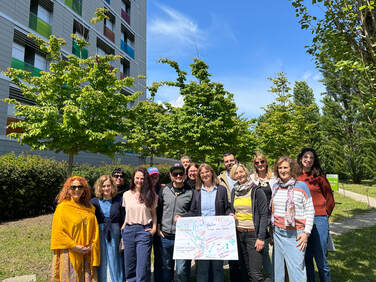 Throughout the workshop, we delved into the Sustainable Development Goals (SDGs) by engaging in reading sessions and lively discussions. Each participant had the opportunity to explore and analyze the goals individually, gaining a deeper understanding of the specific targets and indicators outlined within each goal. Through group discussions, we shared insights, perspectives, and personal experiences related to the SDGs, enriching our collective understanding of the interconnectedness between environmental sustainability, social equity, and economic development. In addition, we trained our critical thinking skills and discovered the power of Project-Based Learning (PBL) in fostering green skills. Through problem-solving activities and real-world case studies, we learned to analyze complex environmental issues from multiple perspectives and develop innovative solutions. PBL provided a framework for collaborative inquiry and hands-on exploration, empowering us to tackle environmental challenges with creativity and resilience. By engaging in PBL, we not only gained practical skills but also cultivated a commitment to driving positive change in our communities. A part from all the theoretical aspects, one of the highlights of the workshop was surely swapping stories and ideas with fellow educators. It was inspiring to hear about the amazing projects happening around the world and to come away with fresh ideas and a renewed sense of purpose. As we said our goodbyes to Bologna, we left with smiles on our faces and hearts full of inspiration 💕 To learn more about this awesome workshop, check out the program here. Nowadays it is important to have a look at different kinds of non-formal teaching methods and strategies to discover their potentialities in enhancing education effectiveness. Thinking beyond the brick-and-mortar walls of the traditional classroom when it comes to learning and preventing early school leaving, non formal education is “any organised educational activity outside the established formal system – whether operating separately or as an important feature of some broader activity – that is intended to serve identifiable learning clienteles and learning objectives” (Philip Coombs, 1973). The new edition of the course “Non-Formal Education Teaching Methods and Strategies” took place in Palermo from 21/04/2024 to 27/04/2024. The participants came from all across Europe, with Annamarie Jerigová from Saint Nicholas Catholic School in Slovakia, Corina Anamaria David and Maria Chiuda from Centrul Scolar de Educatie Incluziva Nr. 1 in Romania, Fabian Schmitt and Eyleen Hager from TGBBZ 1 in Germany, Ainara Arzalluz Errasti, Ana Isabel Marijuan Artieda, Eider Agudo González from IES Xabier Zubiri Manteao BHI in Spain, and Noora Paquay and Kerli Paarson from Tallinn European School in Estonia. To begin with this week, the participants were asked to explore the differences between formal, informal, and non-formal education through various exercices. They shared their point of view about the characteristics of each of these types of education and debated together by using visual strategies through collages or drawing to stimulate their creativity. In a second time the participants shared their different experiences about non-formal education. We reviewed some possibilities to integrate the non-formal education in the classroom. For example, the creative thinking might be a way of assessment to help the students reflect on their mistakes, by having a guided reflection. We also made the use of digital tools in order to create interactive lessons to catch the attention of the students. Another day was dedicated to team building and team working. A few activities were organized with the participants to apply what they learned about group cooperation. The activities aimed to implement learning, notably through role game. Collaboration is important inside a team to be more productive and give each of the members the possibility to bring its own contribution. Engaging in debate and speaking games represents a form of non-formal education, serving to promote cooperative learning and foster a dialectical approach. The Jigsaw Method guided the participants to have a collaborative spirit in their cooperation process, by practicing experimentation and kindness. After collectively examining various tools and strategies in non-formal education, each participant gained the autonomy to create a new tool suited to their unique school setting. Through the collective creativity and dedication of all involved, the course resulted in a collection of inventive and useful teaching resources crafted by the participating educators.
In summary, across these sessions, participants were able to explore inventive techniques within a nurturing and dynamic atmosphere, refining abilities like teamwork, empathy, and critical thinking. Moreover, they seized the opportunity to craft original and unique non-formal tools and learned from each other. Discover more about this course here. Did you know that playing is key for cognitive development at all ages? Consider your favorite games like hide and seek, puzzles, or board games. These games create lasting memories and feelings because they motivate and engage us deeply. |
Welcome to the ELA Blog. Here you will find articles and photos of our courses and have a look at the topics addressed during the week in Bologna, Palermo and Tenerife. You will also have the chance to take a peek at our projects and check out what we have been up to.
Archives
July 2024
Categories |
-
Course catalogue
- 2023-2024 course catalogue
- Soft Skills >
- ICT and New Technologies >
- Inclusion and Diversity >
-
Innovative Teaching Methods
>
- Innovative teaching methods discovery
- Non-formal education teaching methods
- Dual education and work-based learning
- Teaching leadership and entrepreneurship
- Project based learning
- Game based learning and gamification
- Green skills
- Outdoor education
- Outdoor education trekking edition
- Promoting creativity and critical thinking
- Languages and EU projects >
- Preschool >
- Erasmus Plus KA1
- What we do
- About us
- Locations
- Blog
- Contact us
 English
English български
български Čeština
Čeština Español
Español Français
Français ελληνικά
ελληνικά Italiano
Italiano Polski
Polski Português
Português Română
Română

























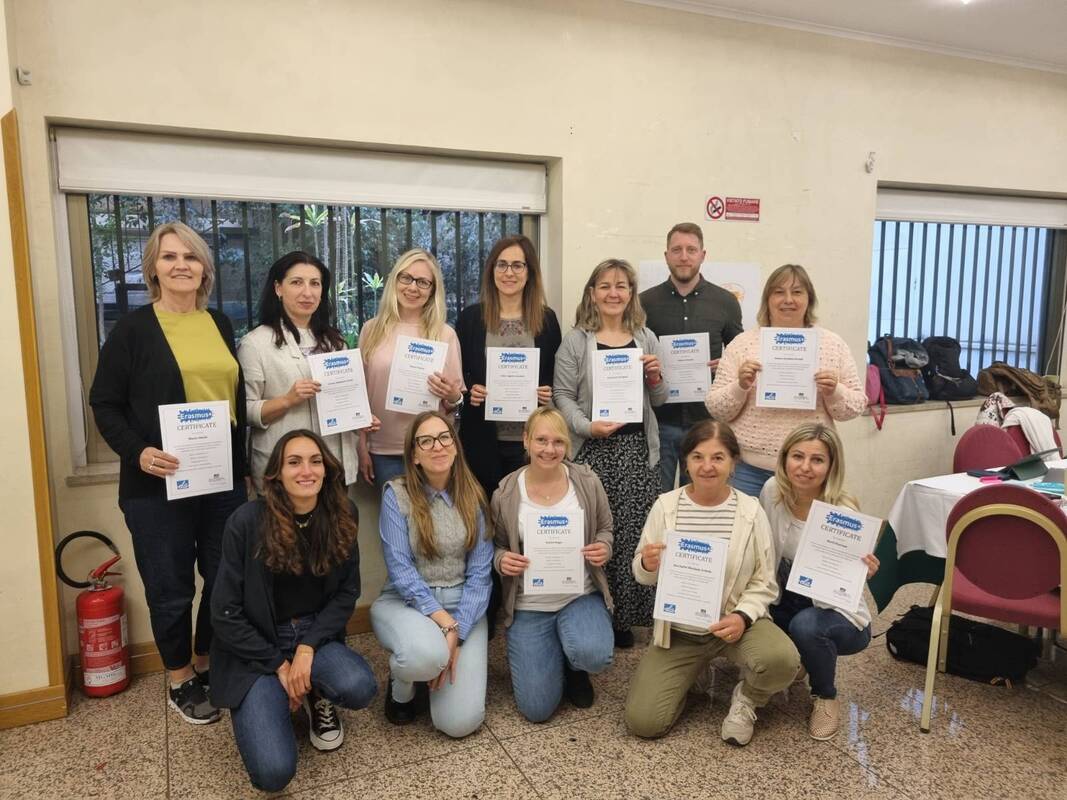
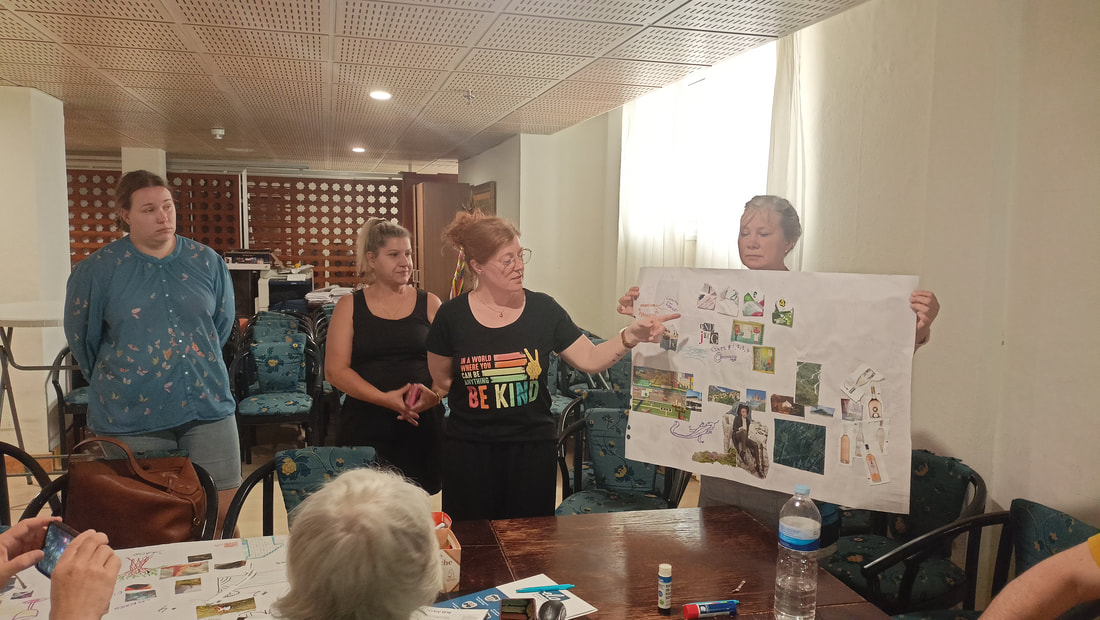
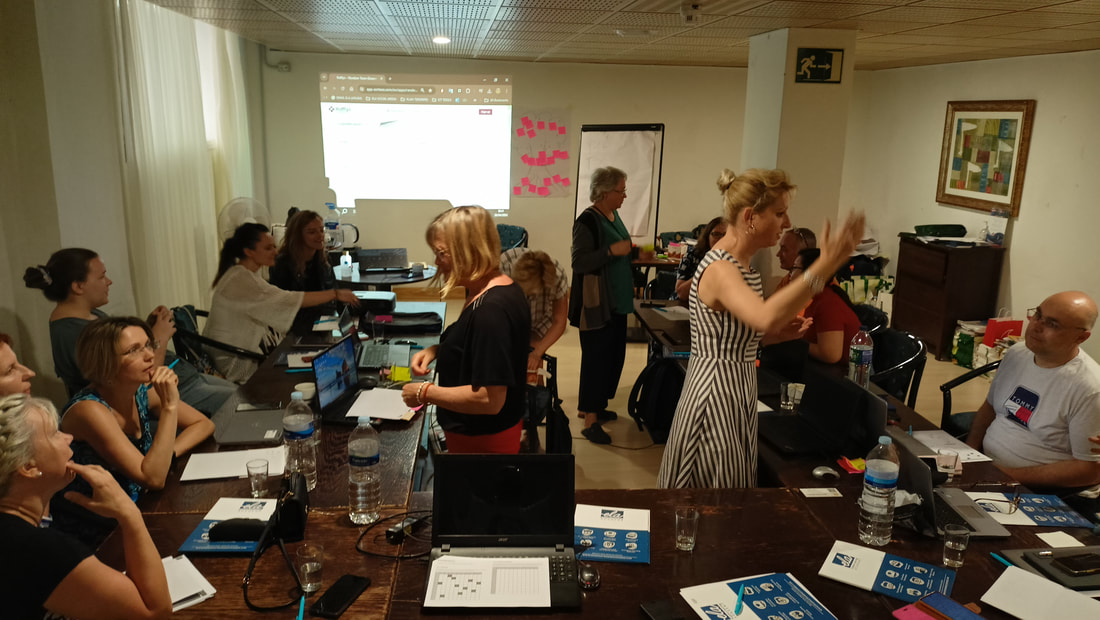
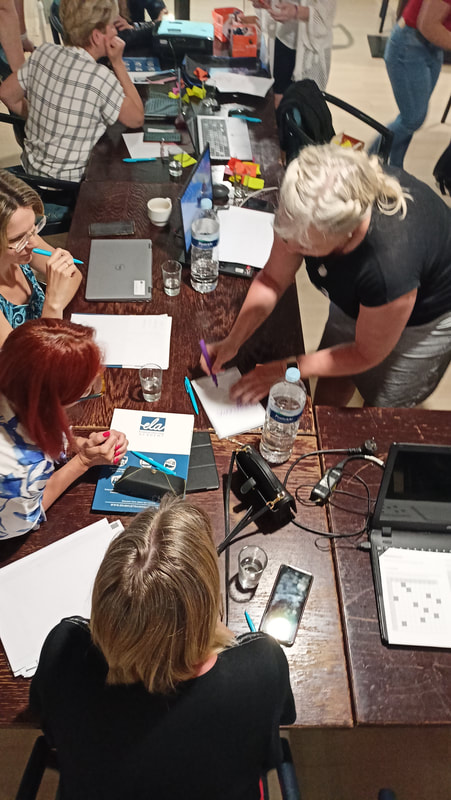
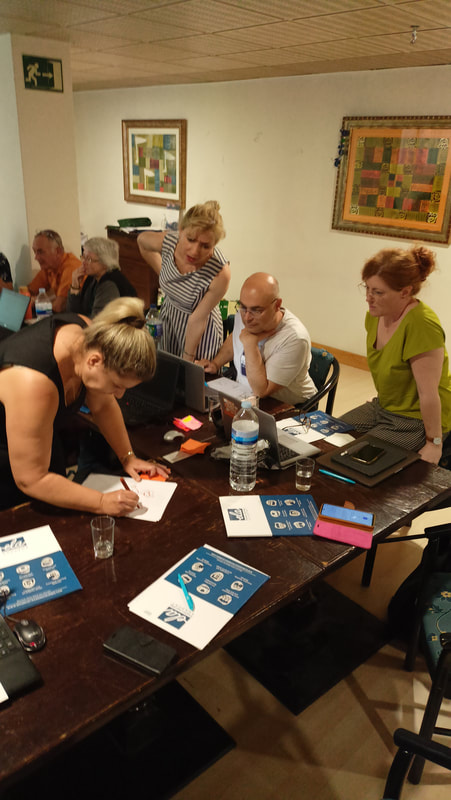
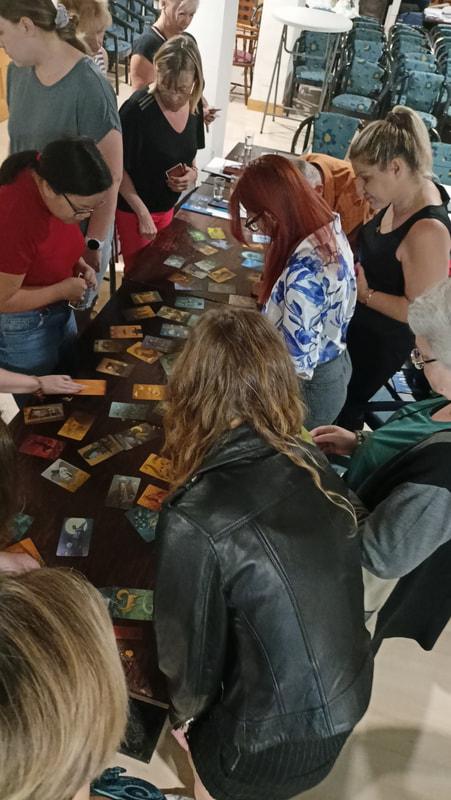
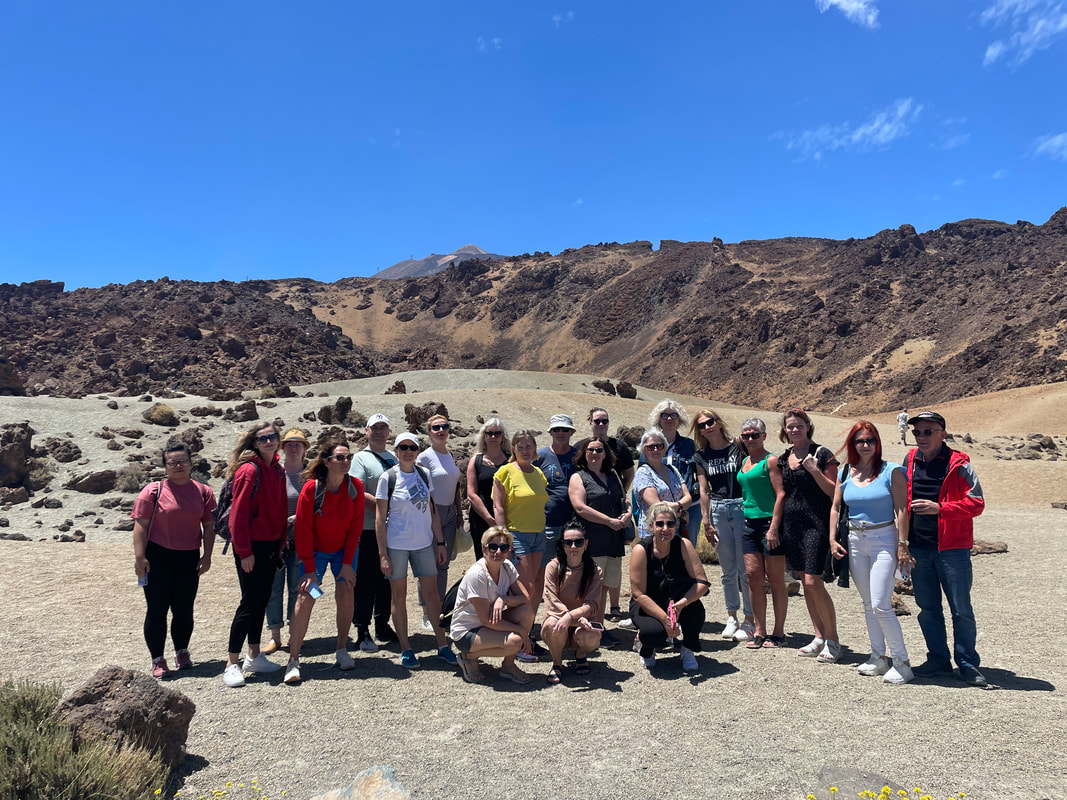






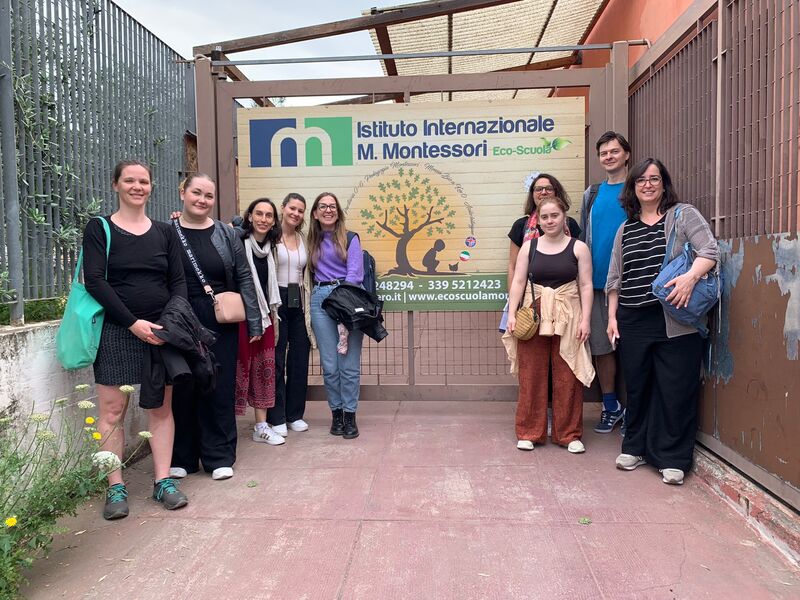
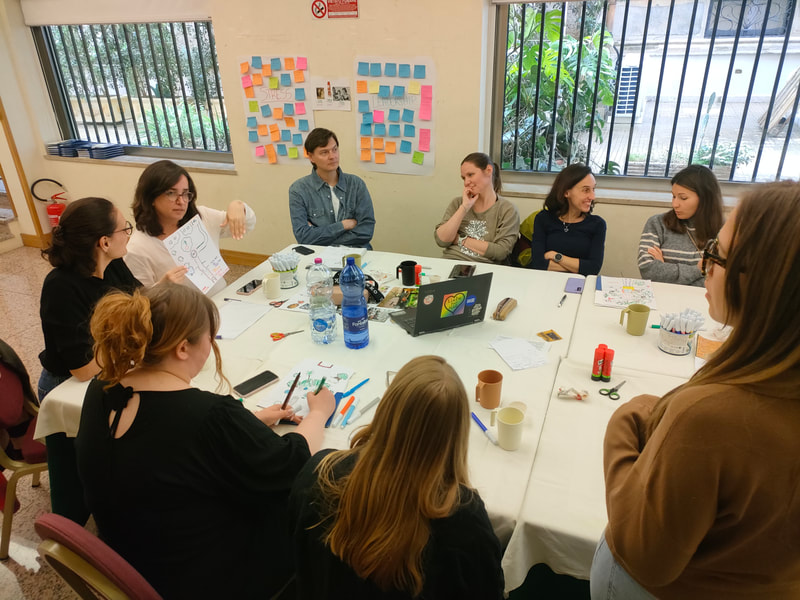
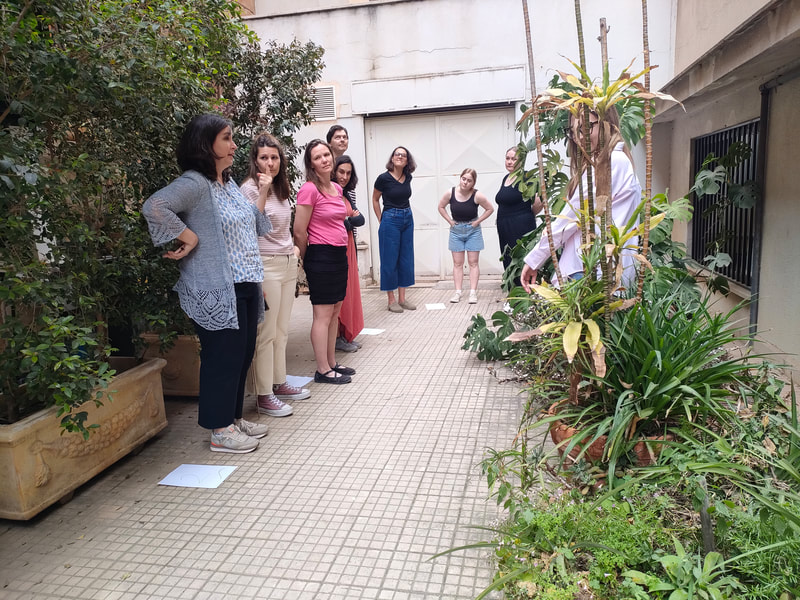
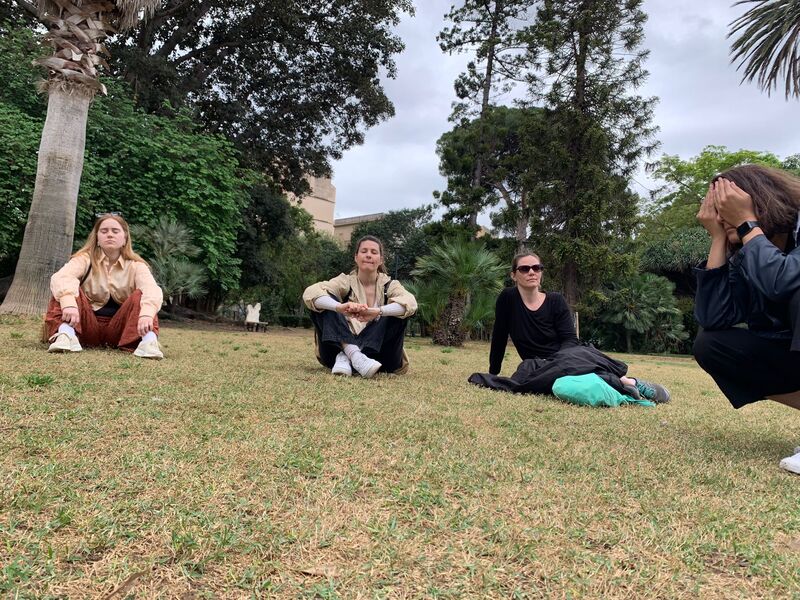
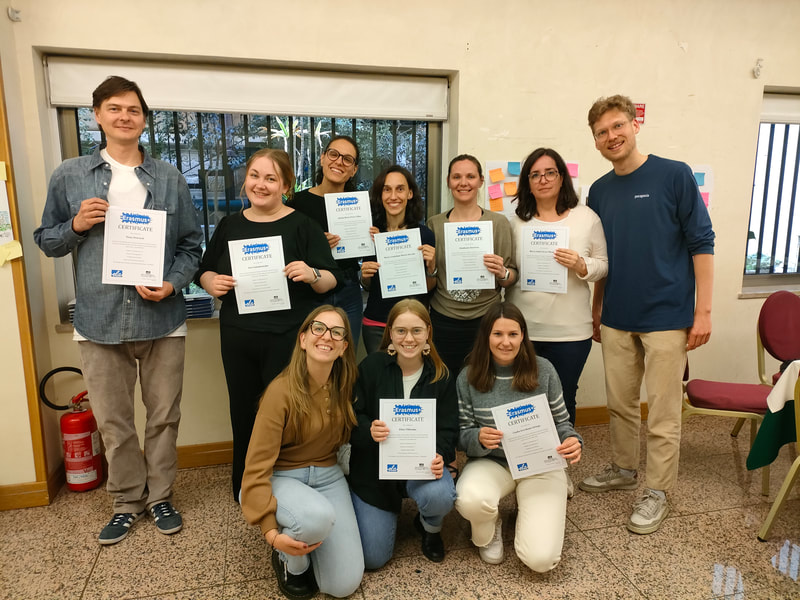
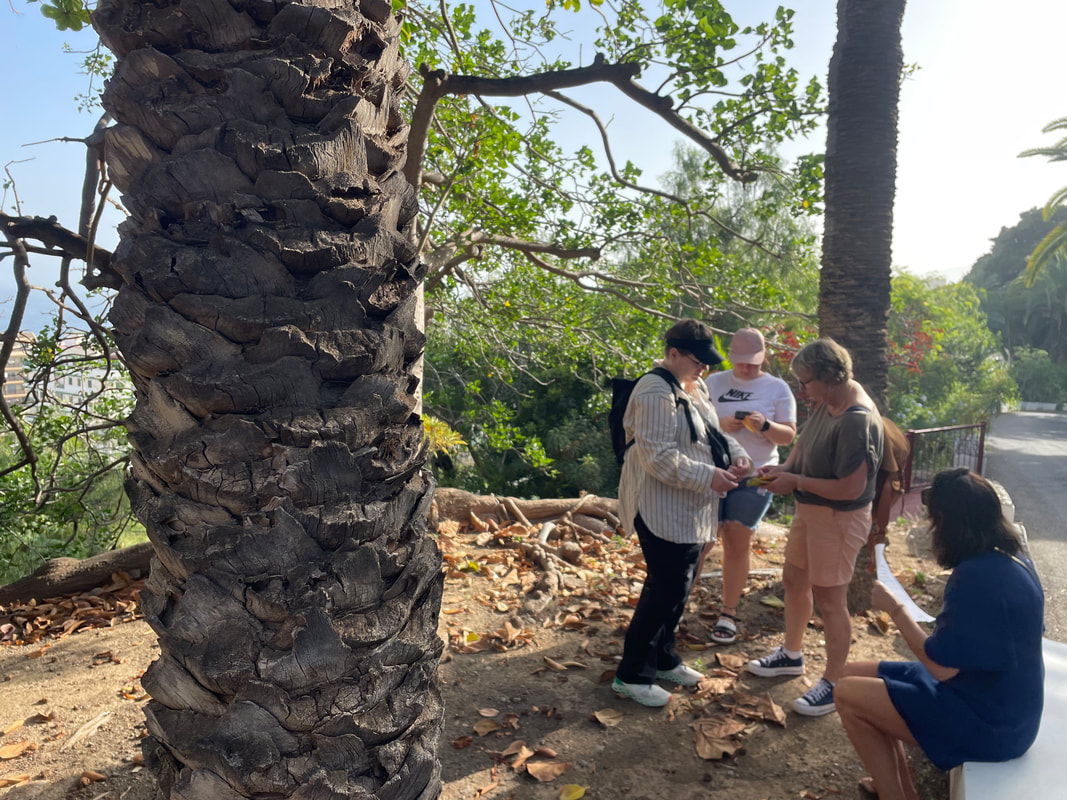
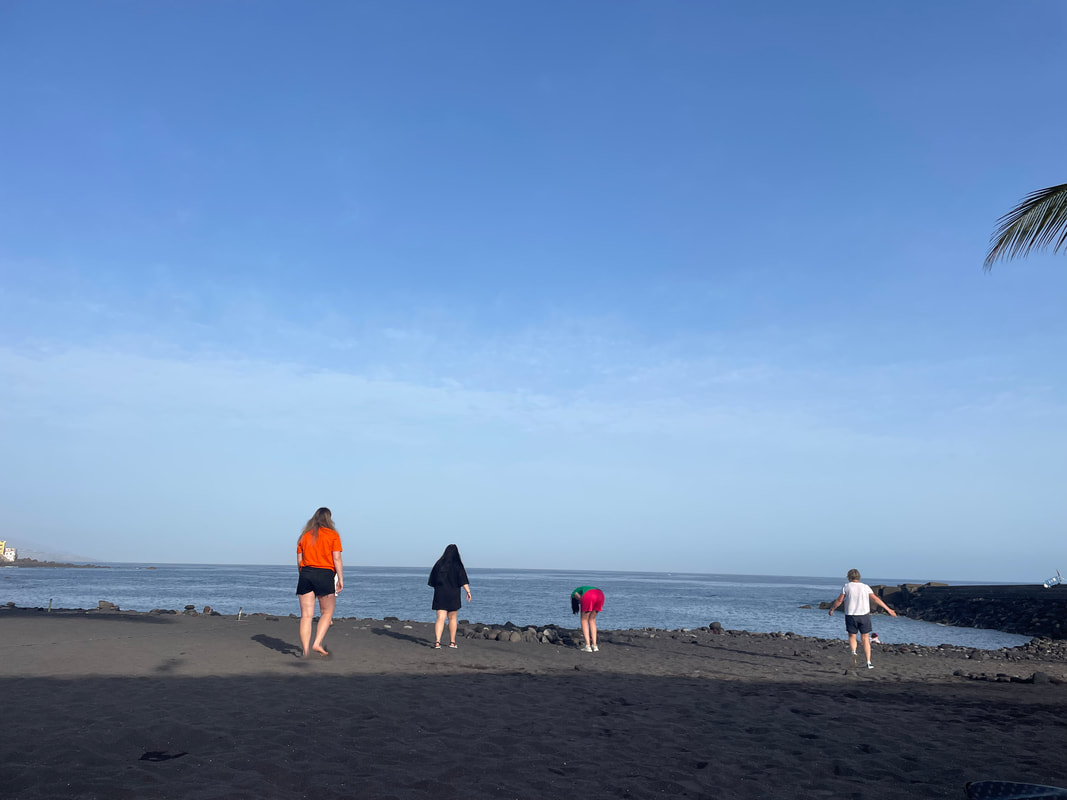
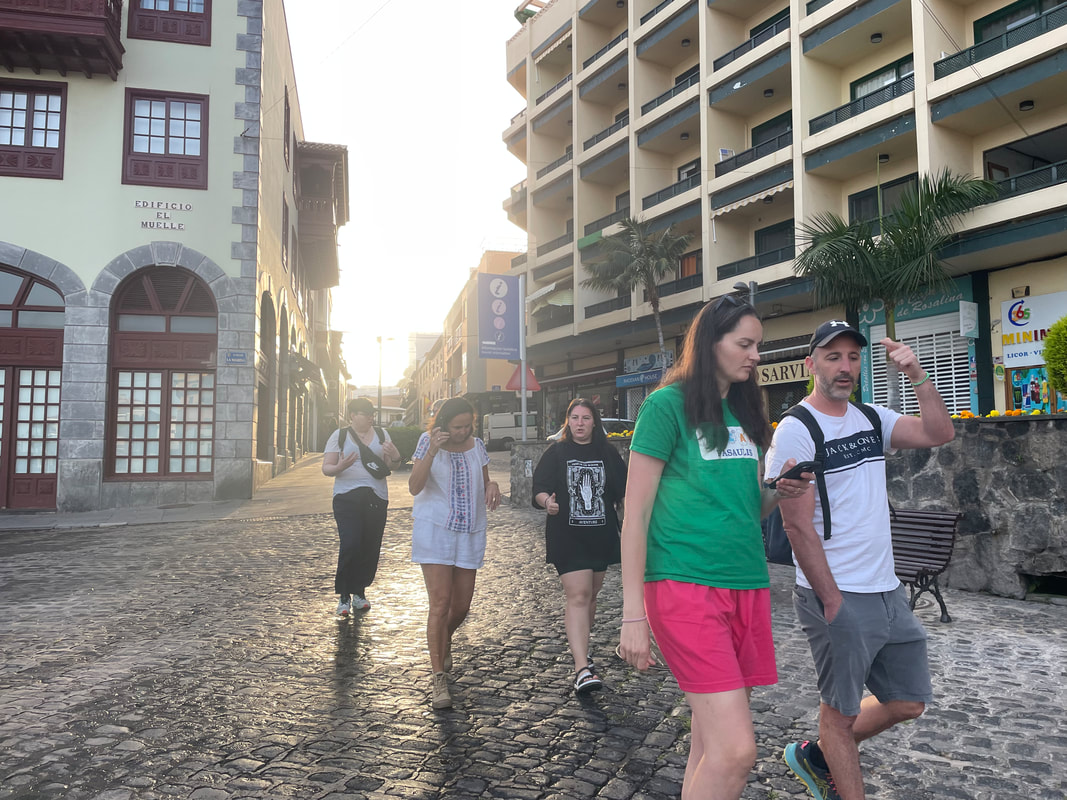
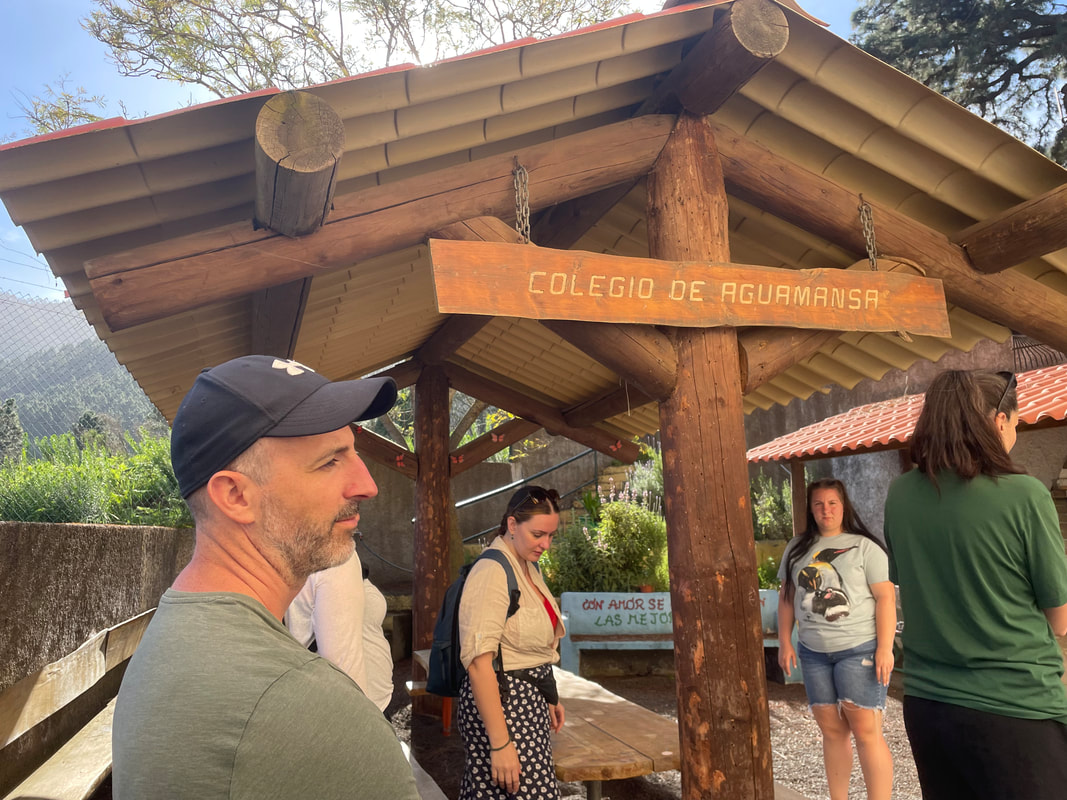
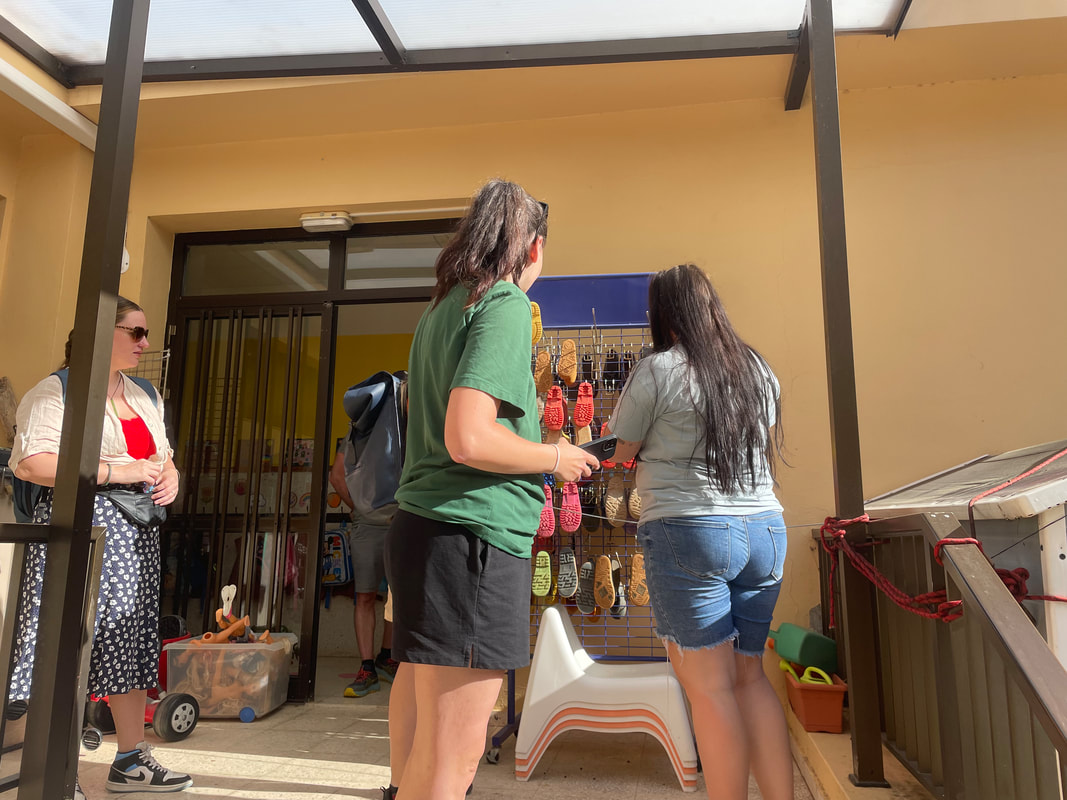
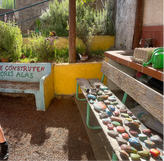
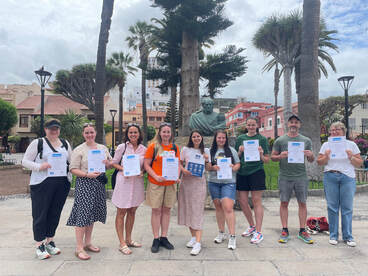
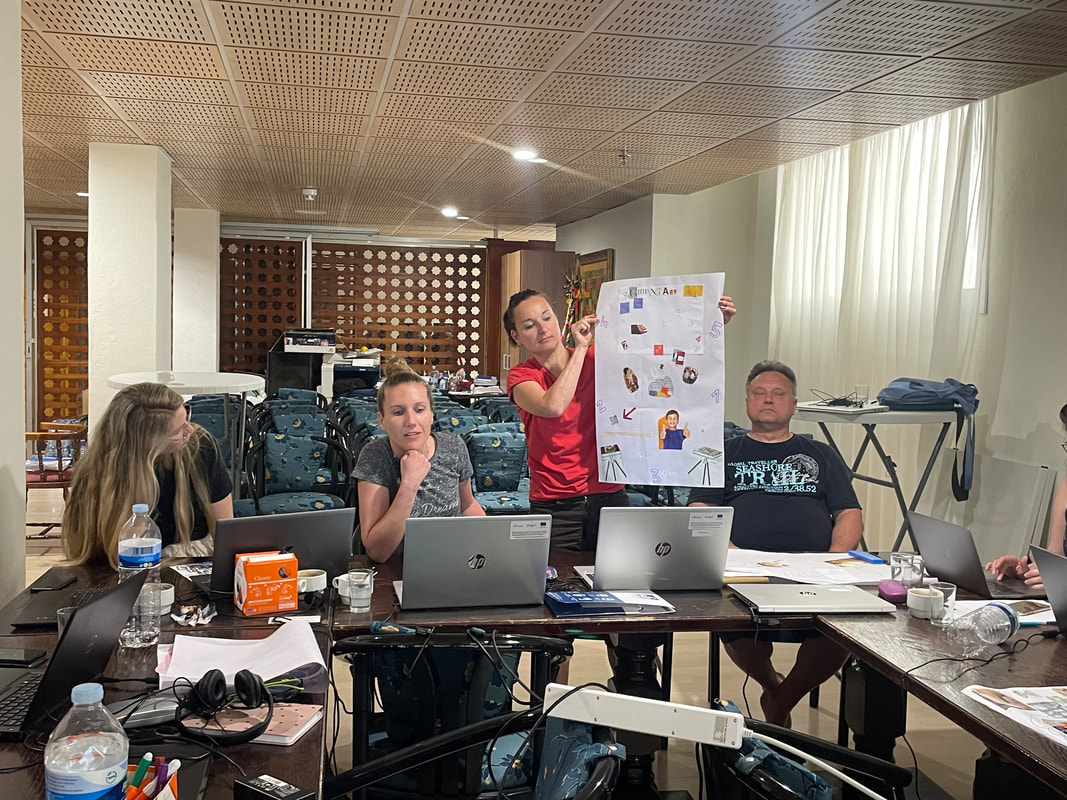
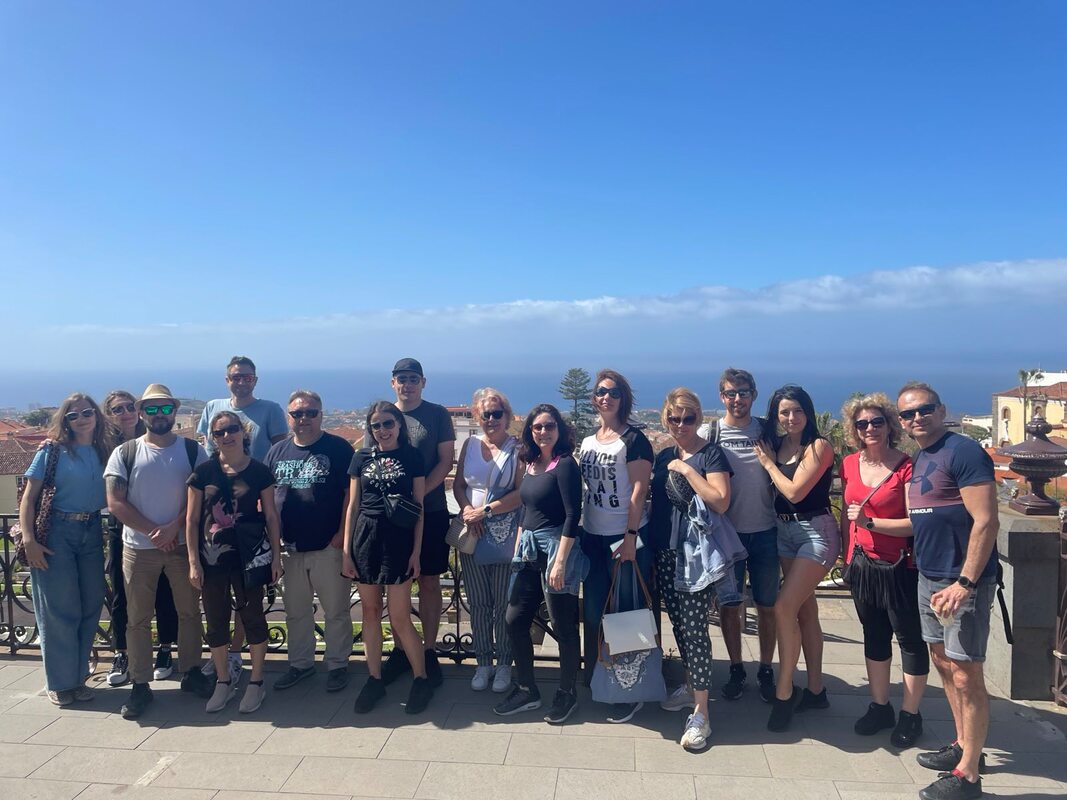
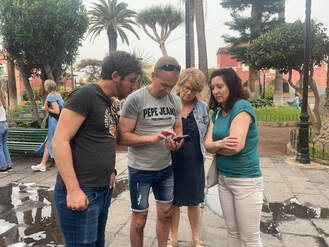
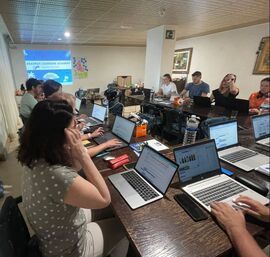
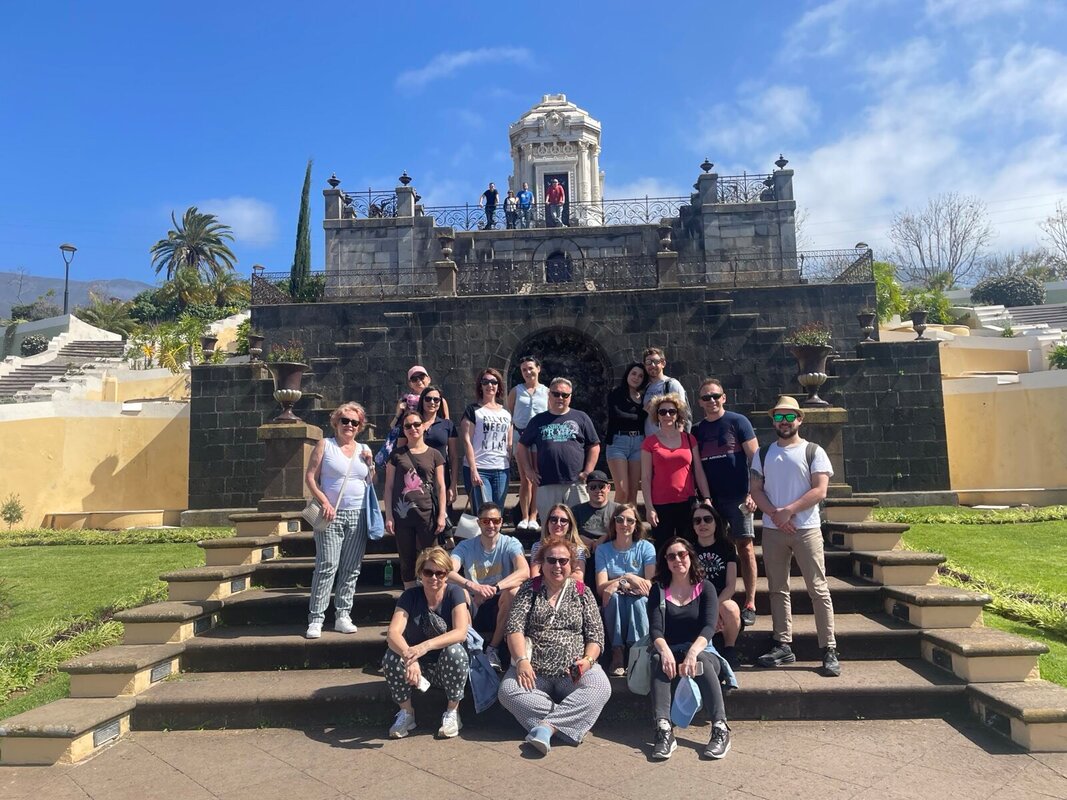
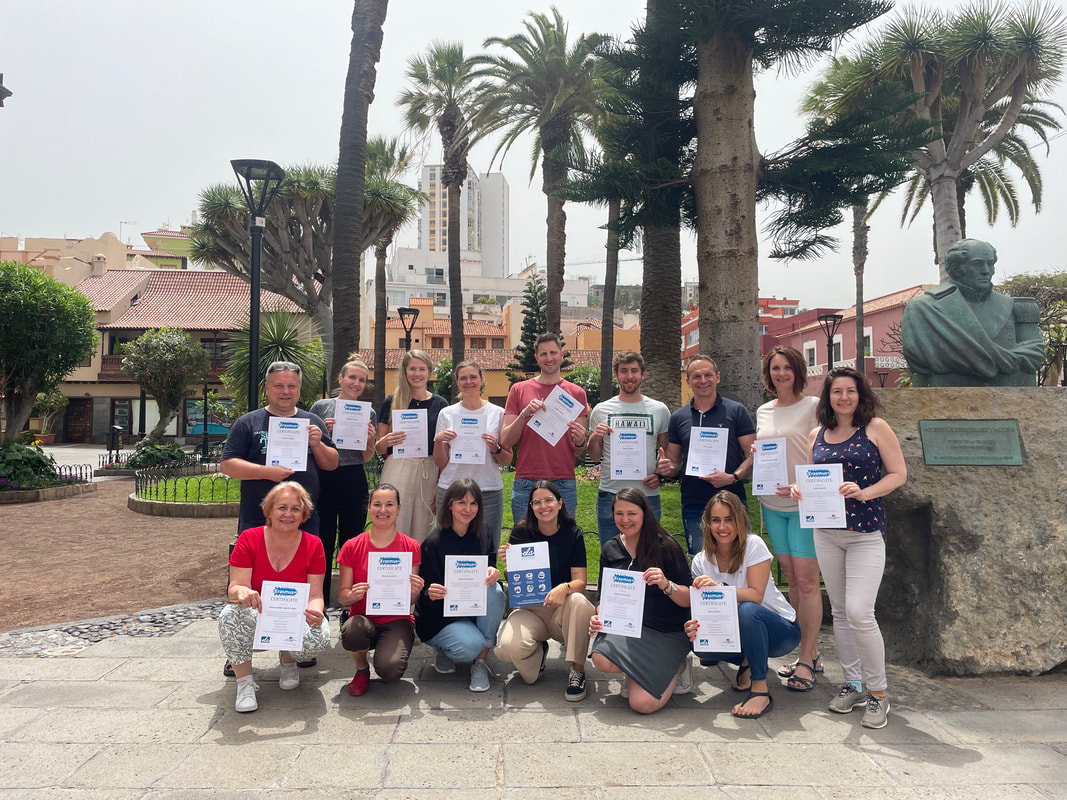
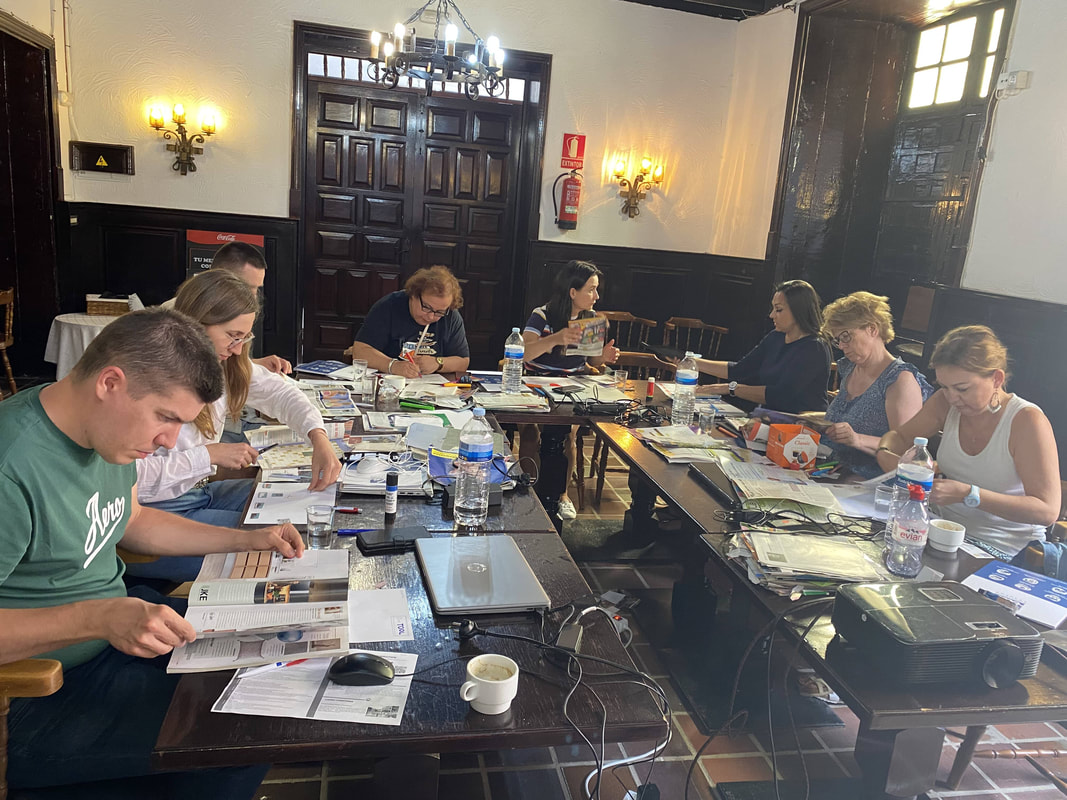
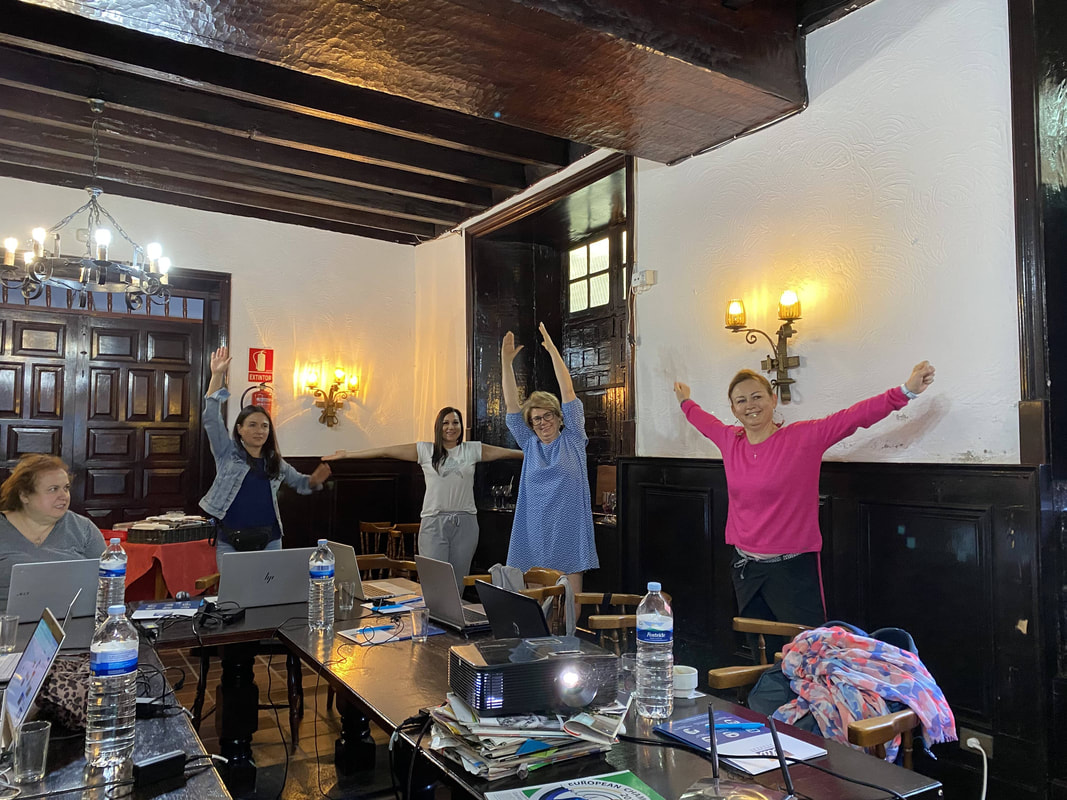
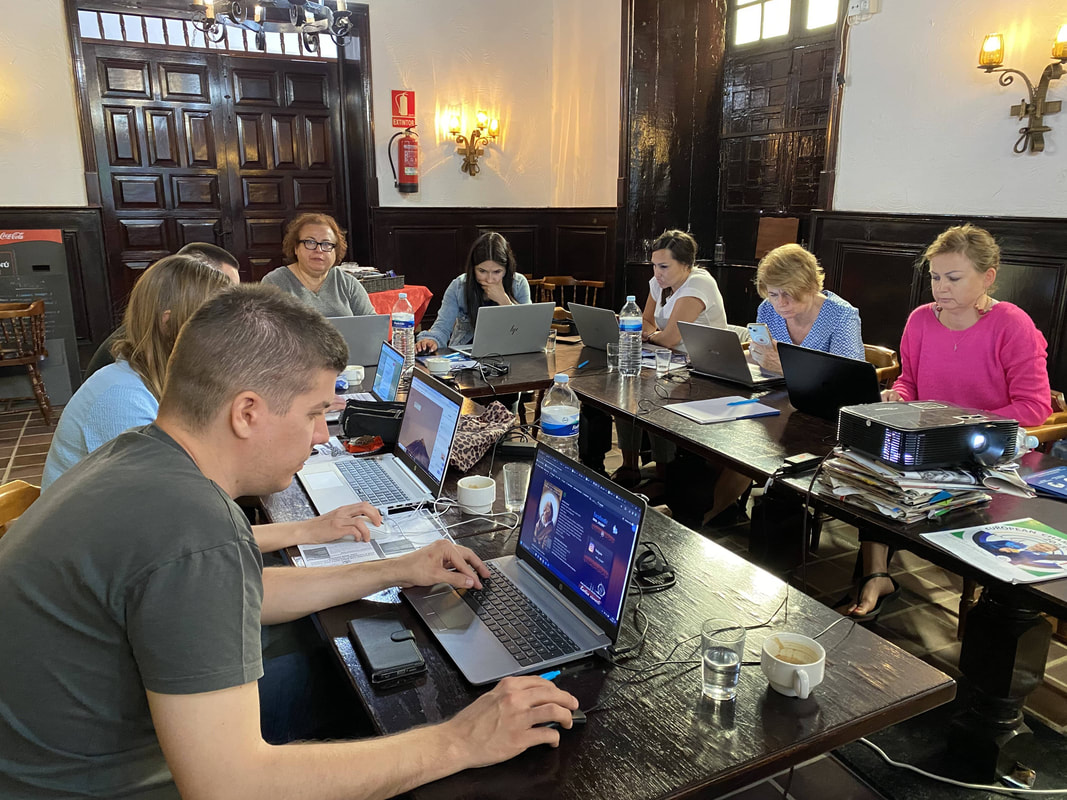
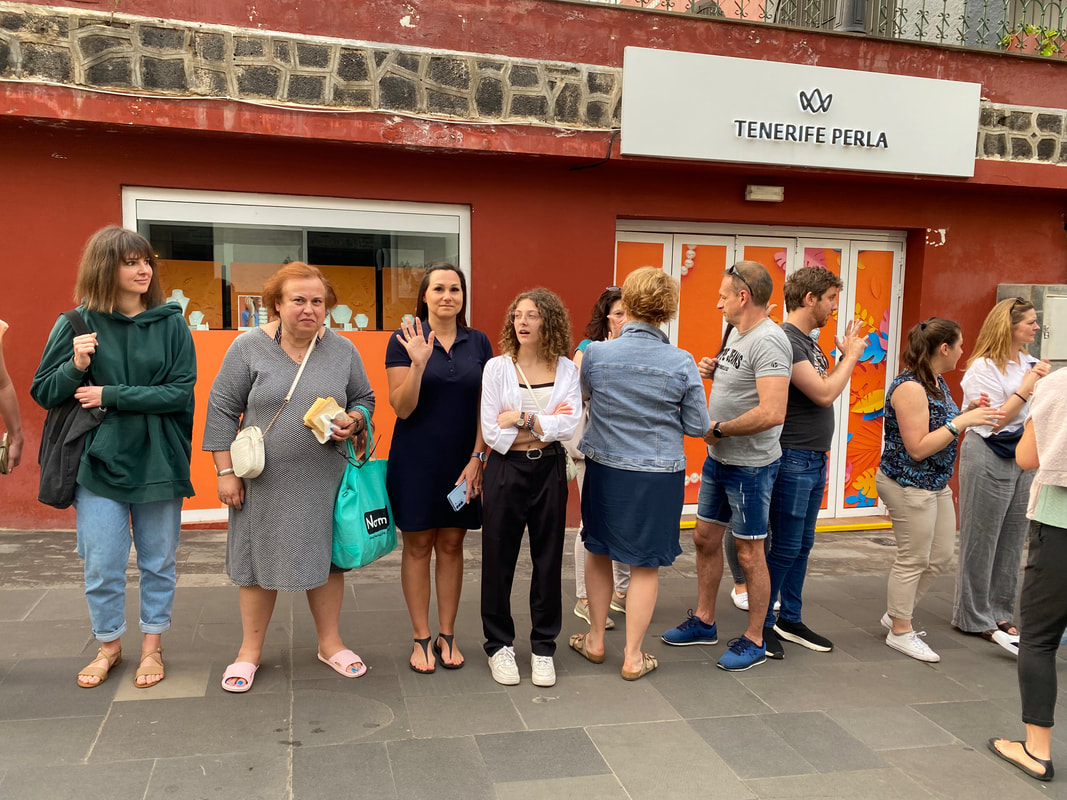
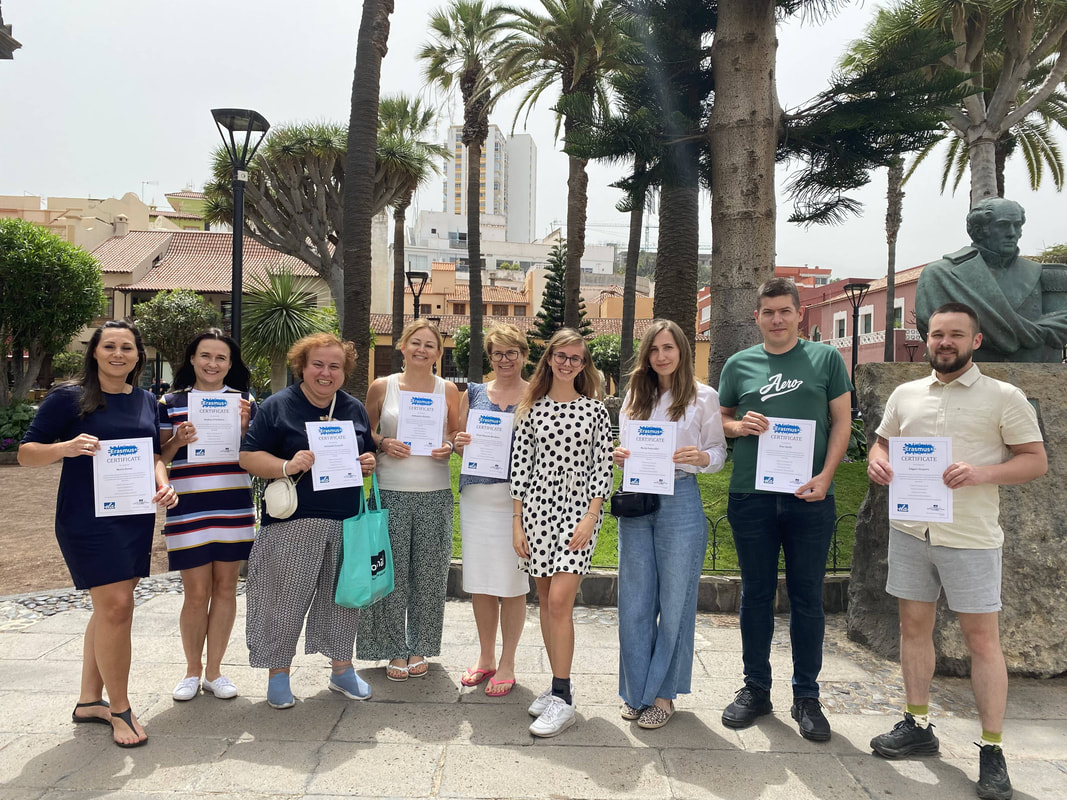
 RSS Feed
RSS Feed









